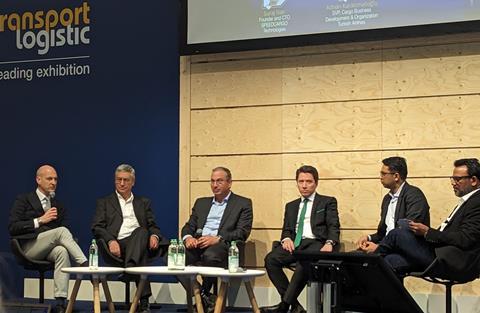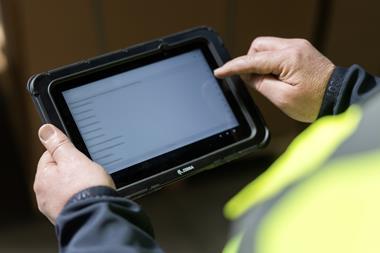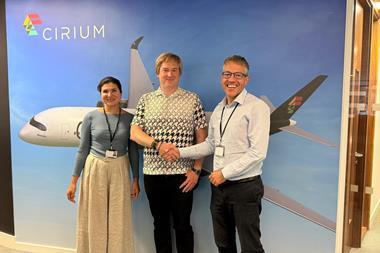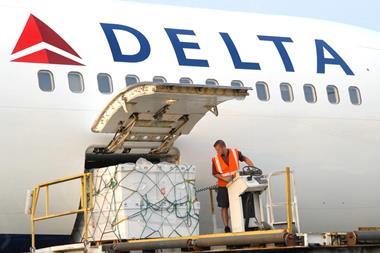
People pose one of the biggest barriers to companies effectively utilising technology, according to a digitalisation conference panel at Air Cargo Europe in Munich.
Employees need to understand what changes digitalisation will and won’t make to a company’s operations, said the panel during the ‘Future of Freight – The Digital Imperative’ conference session.
Menzies Aviation executive vice president – cargo Robert Fordree said that companies educating people about the technology they plan to use is crucial.
“In the technology companies that we’ve engaged with, their software, their capability, their desire to work with us is not a question, the challenge is how are people embracing that new technology.
"We’ve got this age old issue of them being fearful for their jobs and (that) robots will take over (their) work."
Putting aside the idea that new technology is designed to replace people, he stressed technology should help employees and make their jobs simpler and easier.
Suraj Nair, founder and chief technology officer at Speedcargo Technologies, agreed. He said implementation of technology itself can be done quickly, but the process of adoption within a company is time consuming.
Speaking about seamless technology integration, Nair said: “On a technical level it’s not rocket science. You have state of the art interfaces and APIs which do that.
“That is never the problem. It’s to make sure all of the stakeholders are on the table, have the right mindset and work at the right speed.”
He added: “Even a small API integration today can take you around four weeks in the best case. The actual implementation time is probably six hours.
“Getting things integrated from a technology point of view is not a problem at all but getting everybody on the table to agree to a data model, or agree to use it is always a challenge.”
He added that a lot of knowledge transfer needs to happen because people need to know what they are buying.
Additionally, employees need a growth mindset to keep up with future technology changes, said Adnan Karaismailoğlu, senior vice president, cargo business development & organisation, Turkish Airlines.
He noted that digital technology “should be integrated with capacity planning, resource planning, operations planning at the same time”.
“Otherwise you change things and people are not ready for these changes,” he added. “You see a resistance, or problems that were not previously discussed.”
Founder and chief executive of Freightos Zvi Schreiber also said that often behind technology there is a person inputting information, and so without detailed knowledge of its application, they won't necessarily optimise the technology being used.
Answering a question on whether mindset is a problem in the airfreight industry, Güdel Group chief technology officer Matthias Vogelsanger, said simply: “You have to learn to deal with and exploit the technology.”
The panel agreed that there has historically been a move towards “low hanging fruit” with regards to digitalisation. Going paperless is the first stage, they said, but the key second stage is driving forward and utilising changes.
Fordree pointed out that differentiation within a company is important because having the same level of digitalisation in every geographical location doesn’t always make sense.
“The standard operating system will be the same in all our locations. And then, depending on the size of the location where we are operating, we’ll be introducing innovation and technology that supports that," he said.
Furthermore, Nair highlighted that air cargo operations aren't carried out within a predictable, standardised environment, so automated equipment needs to be more intelligent compared to other industries to deal with anomalies in air cargo.
“That’s what we have been working on at Speedcargo. To develop software where proven robotic processes in other domains can be applied to air cargo.”
https://www.aircargonews.net/iata-wcs/technology-key-to-meeting-end-customers-increasing-expectations/
https://www.aircargonews.net/iata-wcs/learn-to-fail-on-the-path-to-digitalisation/















